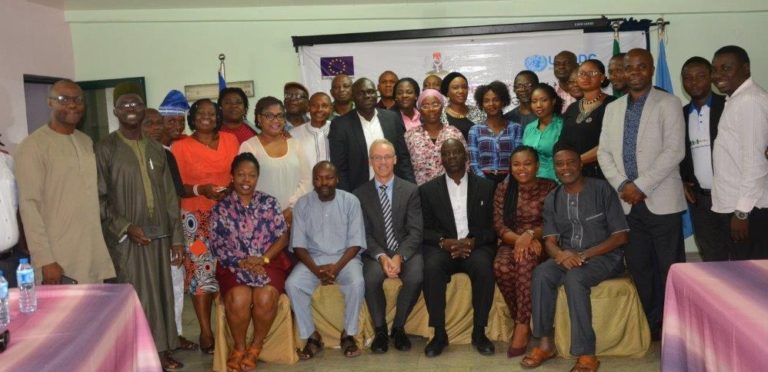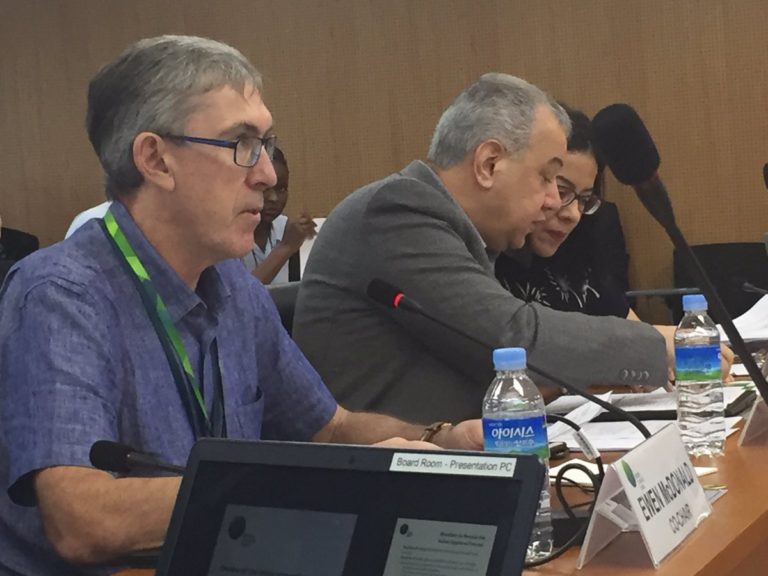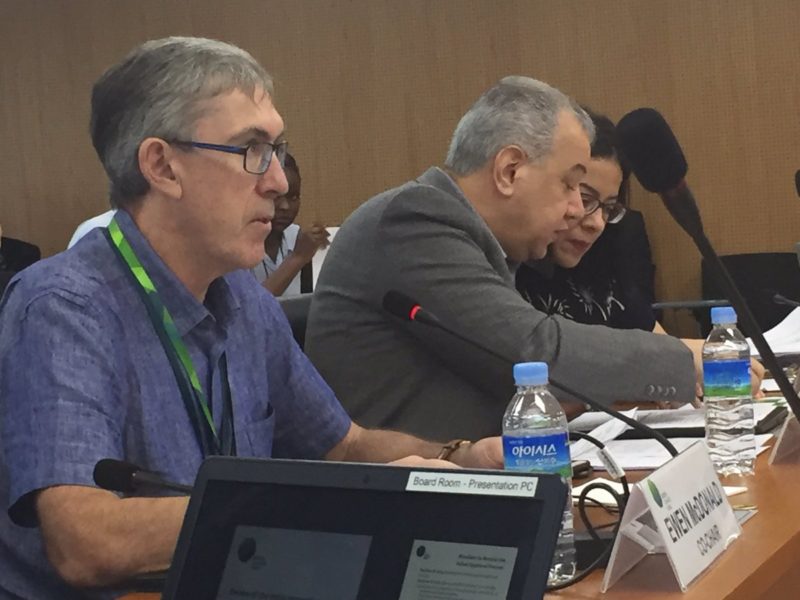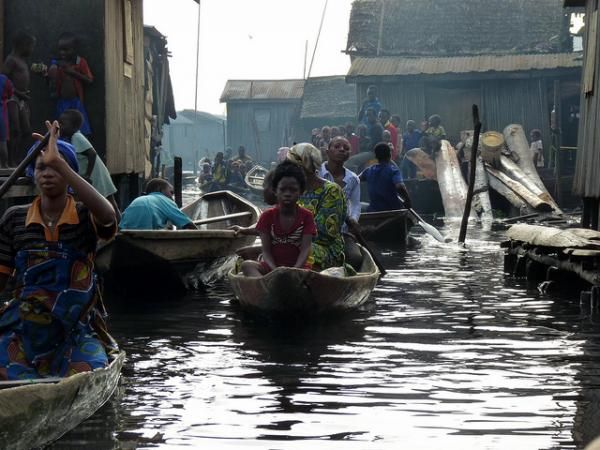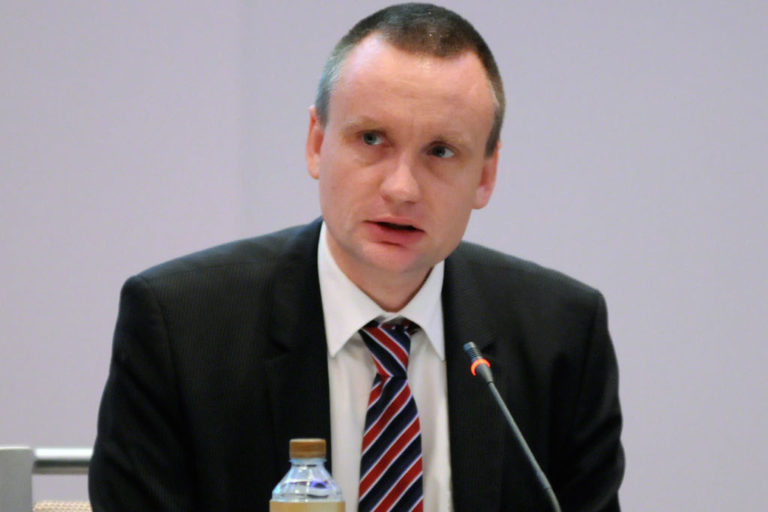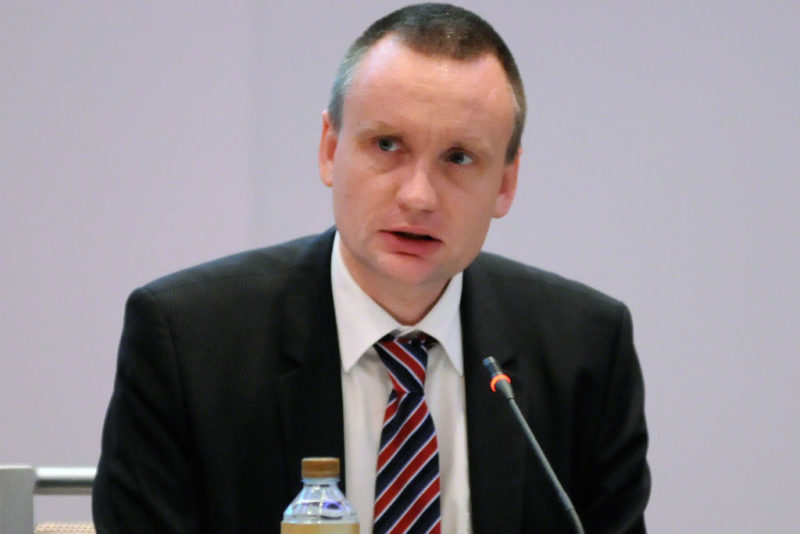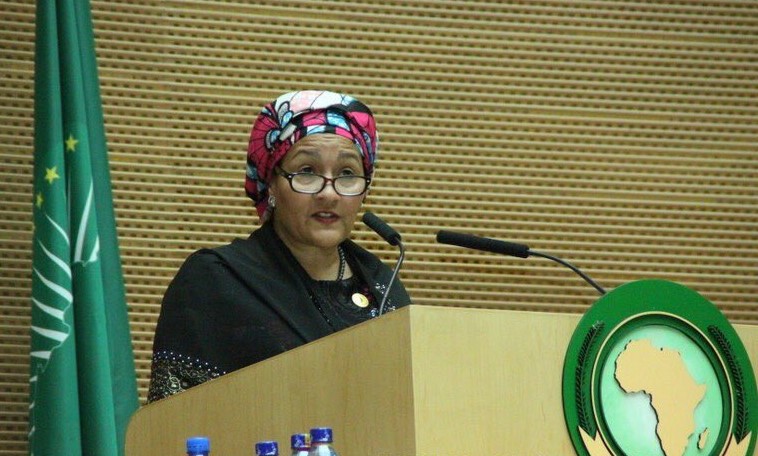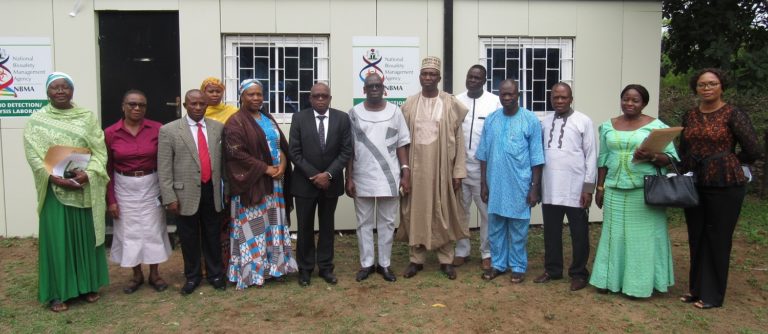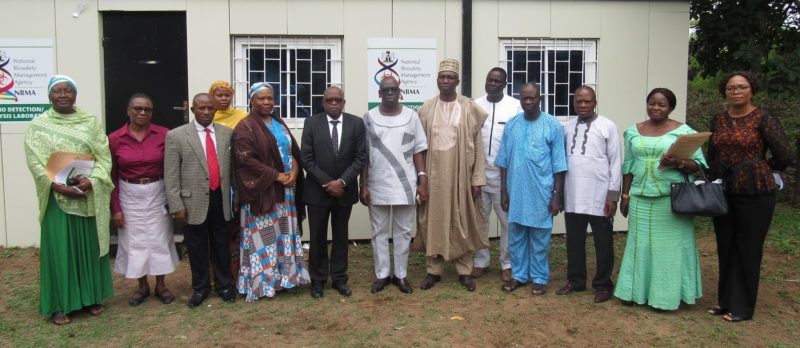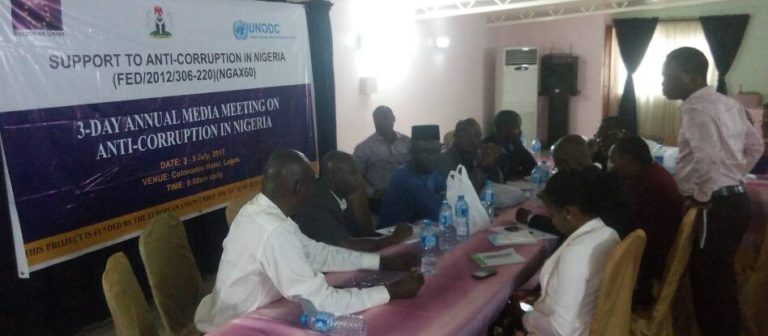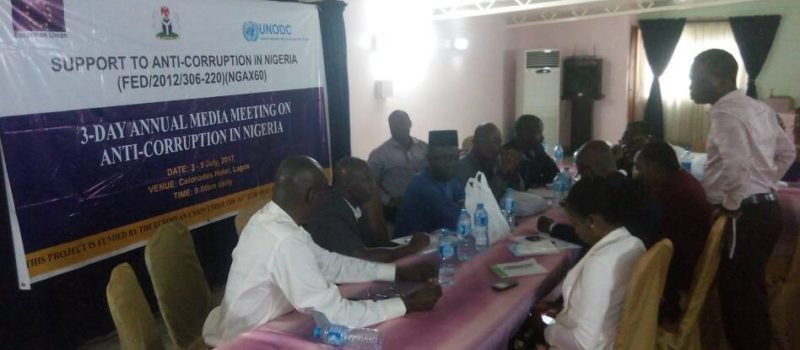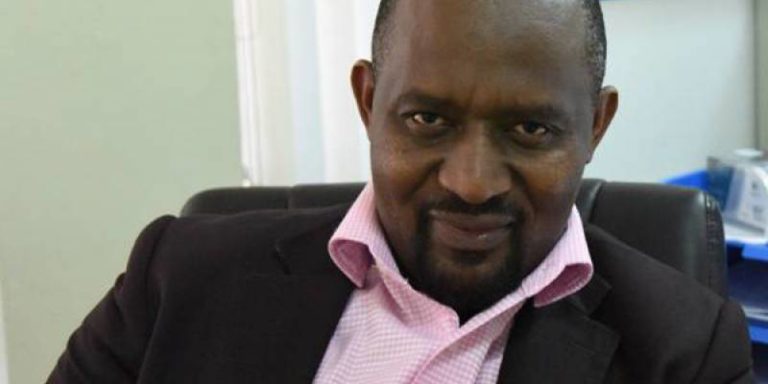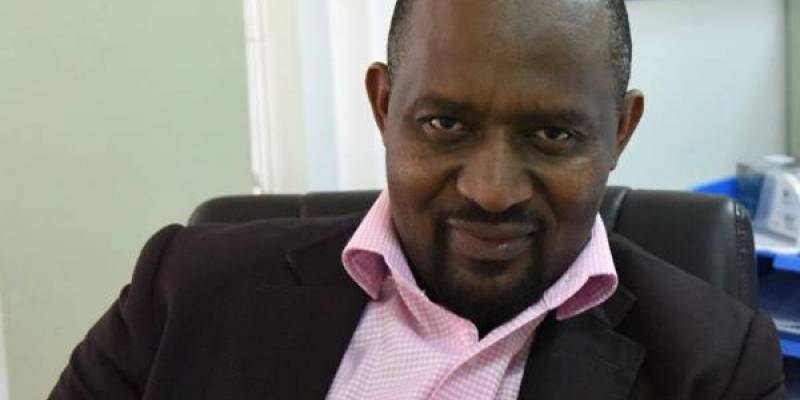The media have been charged to report evidenced-based issues on corruption in order to strengthen the fight against corruption in the Nigeria.
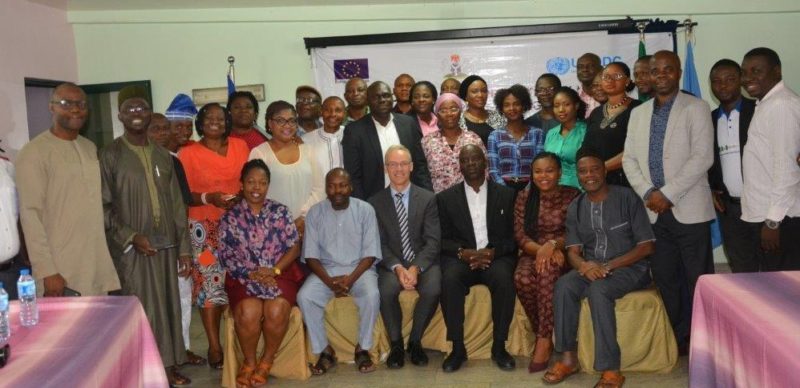
Making this call in Lagos on Wednesday, July 5, 2017 in her remarks at the close of a three-day Annual Media Meeting on Anti-Corruption in Nigeria, the United Nations Office on Drugs and Crime (UNODC) Country Representative, Ms Christina Albertin, described the role of the media as a key prevention tool in the fight against corruption that is reflected in several chapters in the United Nations Convention against Corruption (UNCAC), which is the only legally binding universal anti-corruption instrument with 140 signatories and 181 state parties till date.
According to Ms Albertin, who was represented by UNODC Project Coordinator, Response to Drugs Project, Mr Glen Pritchard, corruption has disastrous impacts on development and that, if left unchecked, it is a serious impediment to sustainable development and the achievement of the 2030 Agenda for Sustainable Development throughout the world.
“It also breaches the essential trust between citizens and governments, as well as businesses and consumers. Therefore, it is critical that everyone in the community including media officers take up a responsibility to prevent and fight corruption,” she said.
Stressing further, the Country Rep who expressed delight that some follow-up steps from the last annual meeting were discussed, including the call for the media to dedicate more airtime and content on anti-corruption to further raise awareness and enlighten the public on issues of anti-corruption; enthused that she was happy that discussions encouraged Anti-Corruption Agencies (ACAs) and the media to partner collaboratively and regularly on public enlightenment issues relating to anti-corruption, including the use of different social media platforms.
“It is our hope that ACAs and the media community continue with this collaborative partnership beyond the project so tangible impact through public enlightenment on anti-corruption is achieved across the country,” she added.
Meanwhile, before the wrap-up of the workshop which had 33 participants in attendance, comprising 11 Anti-Corruption Agencies (ACAs), 22 journalists and four resource persons drew-up a communique, underlining the need to foster institutional mechanism and concerted efforts that would promote the delivery of quality dissemination of information to the public on anti-corruption matters realising the interconnectedness of ACAs and the media.
They, however, observed that while the Nigerian media are getting more involved in the anti-corruption crusade, the campaign is still threatened by sensationalising corruption news, fake news/information being disseminated on the social media and inadequate flow of information from the ACAs to the media, as well as the media not giving adequate attention to anti-corruption.
To this end, the communique, which recommended that media houses should establish Anti-Corruption Desks, called on UNODC and ACAs to encourage the media houses in achieving this objective.
Also, it called on media houses to follow up on anti-corruption stories to their logical conclusions, while exploring the use of infographics in telling corruption stories. It reiterated that journalists should report evidence-based issues on corruption, maintain their integrity and credibility by checking their facts.
Stressing further, the communique outlined the need for journalists to be sensitive when reporting corruption issues in order not to glamourise crime, adding that there is the need to avoid sensationalism in reporting anti-corruption news, while law enforcement agencies are also urged to avoid media trials of suspects.
The participants, who commended UNODC and the European Union (EU) for their support to Nigeria in the fight against corruption, called on the media and ACAs to see themselves as advocates and partners in the fight against corruption.
By Damian Daga, Lagos

